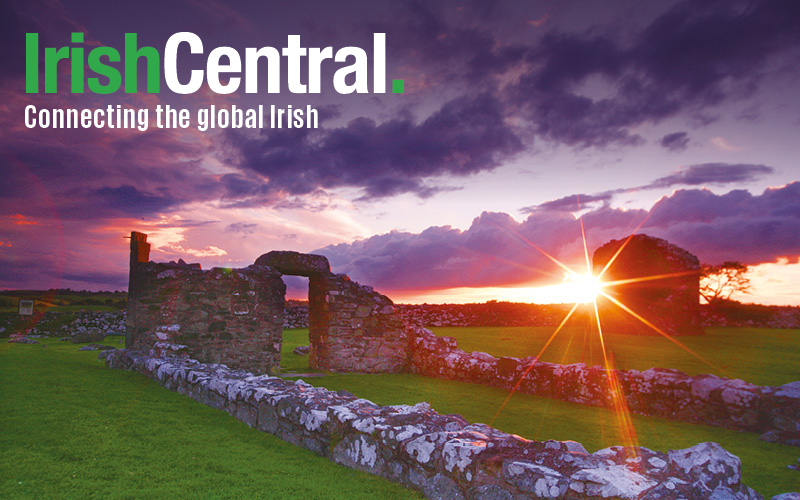The Irish language often gets a bad rep in Ireland despite the love it is shown by Irish Americans. It’s criticized as being too expensive to maintain, outdated and more often than not it’s branded as a dead language, one we should forget about, cut funding from, and allow to join the history books.
Ask any Irish speaker in Ireland and they can recall countless tales of naysayers and critics claiming that the language they love to speak is a waste of their time - “Sure, don’t more people speak Polish and Chinese in Ireland now than speak Irish?”
The reality is that the Irish language is far from dead and there are plenty of people out there who would be more than willing to show you just how alive it is if only you’d let them.
In just the last week, there has been evidence provided from academics, musicians, comedians and footballers from as far apart as the Aran Islands and Dublin as to the living language that is Irish, the modern language that is Irish, and the functional, daily-used language that is Irish.
READ MORE: “An Ireland without the Irish language wouldn’t be the same place” (VIDEO).
The video below, “Beocht & Beatha,” is the latest edition of a Youth Culture Series from Irish youth communications agency Thinkhouse.
The short film meets young Irish people living in Dublin who do everything from yoga to stand-up comedy through the medium of Irish, proving that, especially in Ireland’s capital city, attitudes among young people towards the language are changing for the better with thanks to social activities, sport, music and comedy.
Not only are these young people committed to language promotion and making greater efforts to speak their national language, they commit themselves and their entrepreneurial spirit to establishing a community where further generations will feel comfortable to use Irish without fear of criticism from others, a place where the language can be heard outside a classroom and most importantly, an environment where speaking Irish is not seen as an abnormal thing but completely natural as any spoken language should be.
The demand for such a community can be seen in the growing strength of Dublin-based Irish-medium GAA club Na Gaeil Óga also featured in the film. From small beginnings five years ago, the club has rapidly grown to over 150 active members creating a friendly, welcoming environment for anybody, regardless of fluency or sporting prowess. (Disclaimer: As a former club member, I am extremely biased but can still vouch for how much fun you’ll have!)
Traveling west to the Aran Islands, a new study released by Californian linguist Dr Séamus Ó Direáin has also claimed that prophecies of the death of the Irish language are “greatly exaggerated”.
Ó Díreán does however say that users must be allowed to “play” with the language if it is to survive, criticizing Irish-language “purists” who resent any changes made to the language as it was.
READ MORE: The best ways to learn the Irish language for free.
In a 1,000-page study, Ó Díreán, 77, examines the dialectal differences in Irish used on the three Aran Islands, two of which - Inis Mór and Inis Meáin - opt for the Irish dialect used in Connemara while the third island - Inis Oirr - opts for Munster Irish.
The American linguist, whose grandparents emigrated from Inis Mór to Boston more than a century ago, began his own Irish language adventure in a rather unlikely place - Kenya.
“A Ballyhaunis man I knew in Kenya was shocked that I was a Dirrane from Aran and couldn’t speak a word,” Ó Direáin told The Irish Times.
And the evolution of the language is not just thanks to Ireland’s youth. Ó Díreán believes that older generations are just as adventurous in bringing the language forward with Irish language media such as radio station Raidió na Gaeltachta and TV station TG4 helping greatly also.
Most importantly, according to Ó Díreán, however, the Irish language may need a little bit of life support but is far from biting the bullet.
“There are a lot of dying languages in the world which would love to be in the position of modern Irish,” he said.
“Libraries and schools ensure the bad stuff gets weeded out, in every language,” he said.
“Otherwise, everyone in Missouri would still be speaking like Mark Twain’s Huckleberry Finn.”
What do you think is the best way to promote the Irish language and its widespread use? Leave your plans, thoughts and ideas in the comments section below.
* Originally published in 2015.




Comments